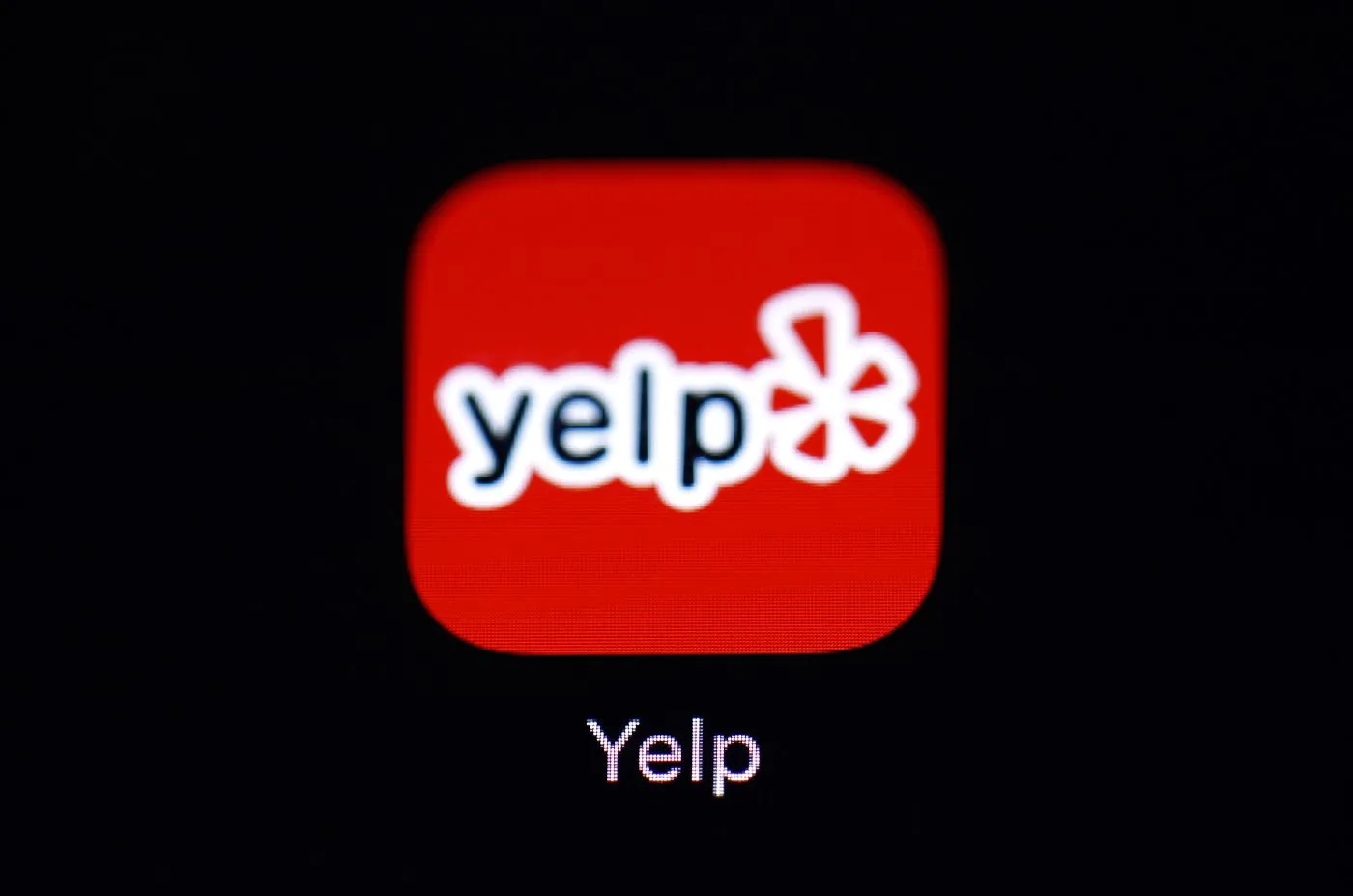Yelp Files Antitrust Lawsuit Against Google: Key Implications for Local Search Services

The Lawsuit Overview
Yelp has initiated a significant antitrust lawsuit against Google, alleging violations of competition laws. The complaint accuses Google of abusing its monopoly over search, creating an unfair advantage in local search services and advertising.
Allegations against Google
- Yelp claims Google has redirected traffic from competing platforms to its own inferior local services.
- The lawsuit argues that Google's practices have diminished traffic to Yelp despite Yelp's superior offerings.
- Yelp alleges that Google’s actions reduce advertising revenue, increasing operational costs.
Implications of the Lawsuit
As Yelp's lawsuit unfolds, it could reshape competitive practices within the online search landscape. Yelp’s general counsel, Aaron Schur, stated that Google's actions have harmed innovation and consumer choice.
A Landmark Ruling Precedes the Lawsuit
This legal challenge follows a recent federal ruling that found Google maintained an illegal monopoly in online search. This ruling may serve as a pivotal foundation for Yelp’s claims against the tech giant.
Google's Response
In defense, a Google spokesperson remarked that Yelp's claims are not new, citing similar claims previously dismissed by judicial authorities. Google intends to vigorously contest the lawsuit, aiming to maintain its competitive stance in the market.
This article was prepared using information from open sources in accordance with the principles of Ethical Policy. The editorial team is not responsible for absolute accuracy, as it relies on data from the sources referenced.